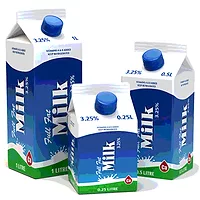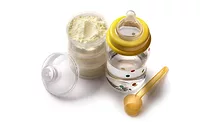FDA Announces Threshold of Regulation Exemption for Metal Carbides in Food Processing Equipment

The U.S. Food and Drug Administration (FDA) has issued a Threshold of Regulation (TOR) exemption for the use of metal carbides and metal carbide alloys as a component or ceramic coating in repeat-use applications such as parts in food processing equipment.
A TOR exemption can be issued if the dietary exposure level from the intended use of the food contact substance (FCS) is below 0.5 parts per billion and the FCS itself is not a known carcinogen. TOR exemptions may be used by any manufacturer or supplier for the intended uses of the FCS. Federal law requires companies that wish to use a food additive obtain pre-market authorization from FDA. Authorization for FCSs is typically obtained through the submission of a FCSs Notification (FCN) to FDA. A FCN authorization applies only to the FCS prepared by the manufacturer identified in the FCN.
FDA took this action because it has reviewed the use of metal carbides in food processing equipment through numerous FCNs and has received other inquiries on its use. Based on FDA’s reviews, it concluded that metal carbides remain stable and intact, chemically inert, and resistant to corrosion and abrasion under their intended conditions of use. There is little or no likelihood that components of metal carbides would migrate to food, other than insignificant amounts, nor would the metal carbides otherwise affect food. Therefore, the agency has no safety concerns from this intended use. In addition, FDA is not aware of any study showing these FCSs to be carcinogenic in humans or in animals.
This agency-initiated TOR exemption (TOR-2021-003) allows for the use of these substances in repeat-use applications without the requirement of an FCN. Reducing the number of duplicative submissions the agency receives for metal carbide and metal carbide alloy uses is consistent with FDA’s risk-based approach and conserves the agency’s resources for issues of greater public health significance.
Looking for quick answers on food safety topics?
Try Ask FSM, our new smart AI search tool.
Ask FSM →







